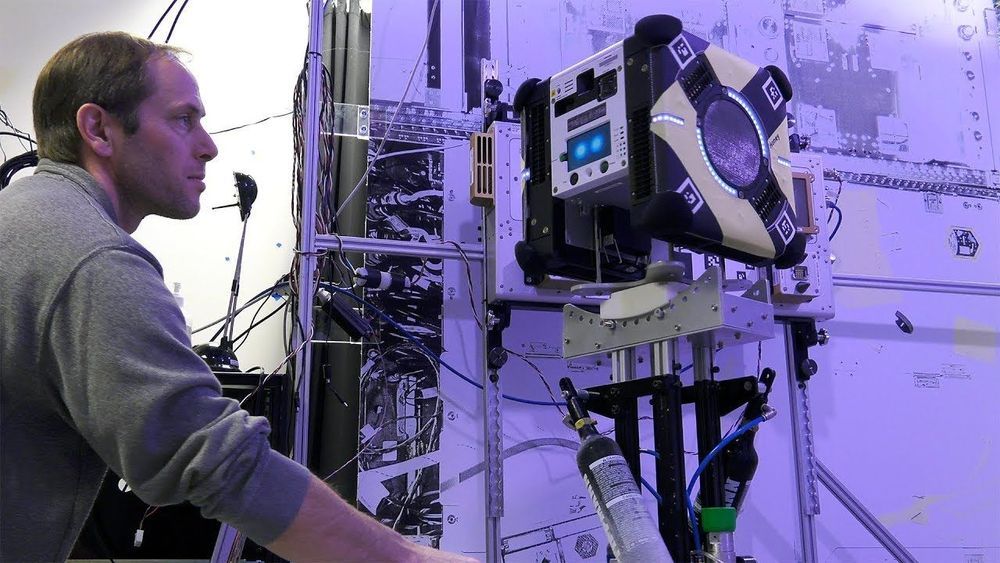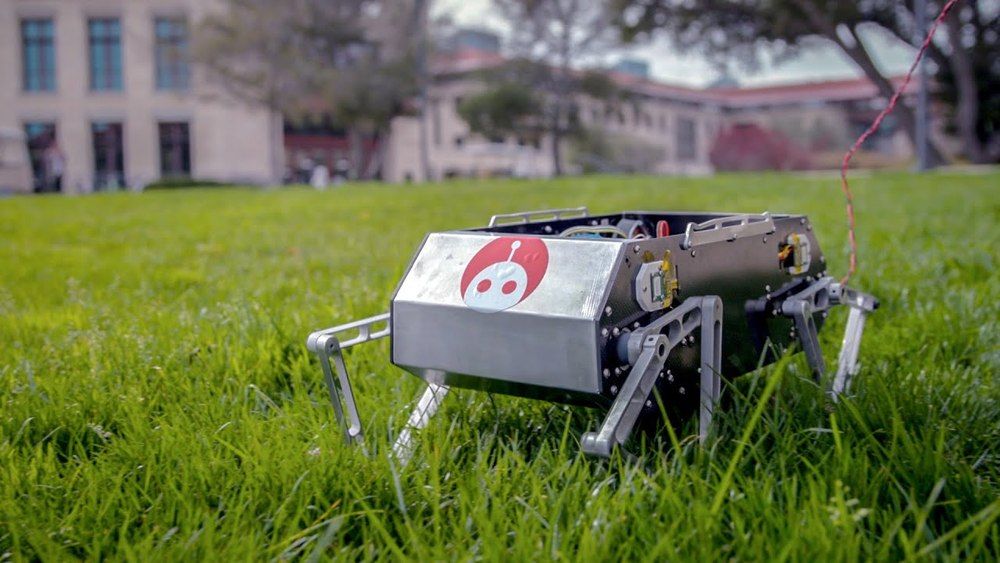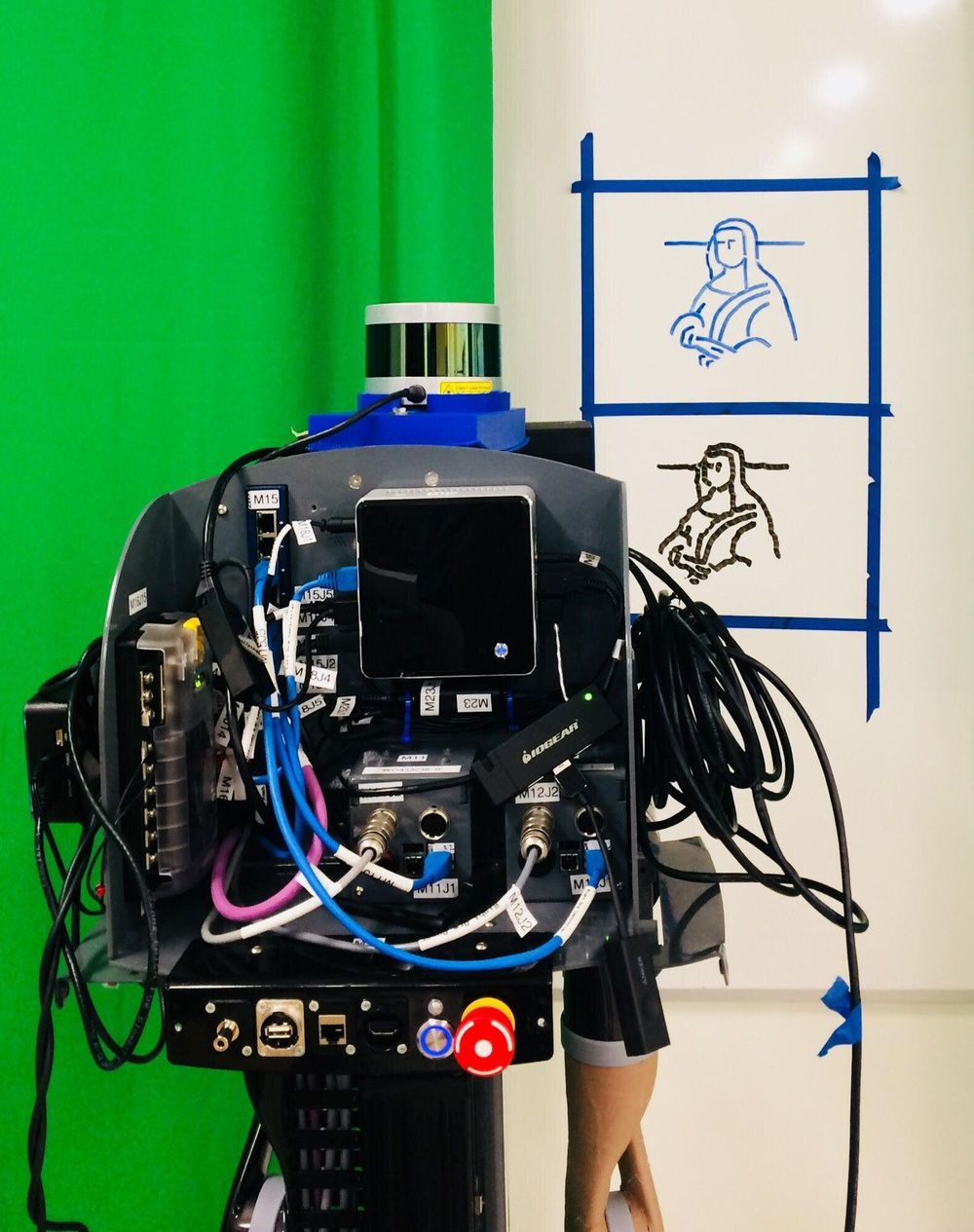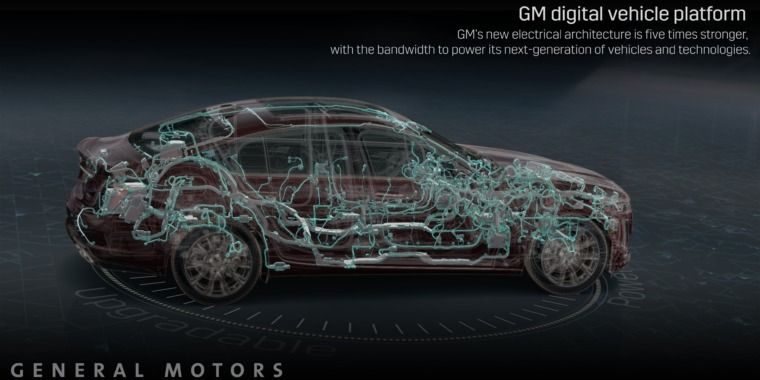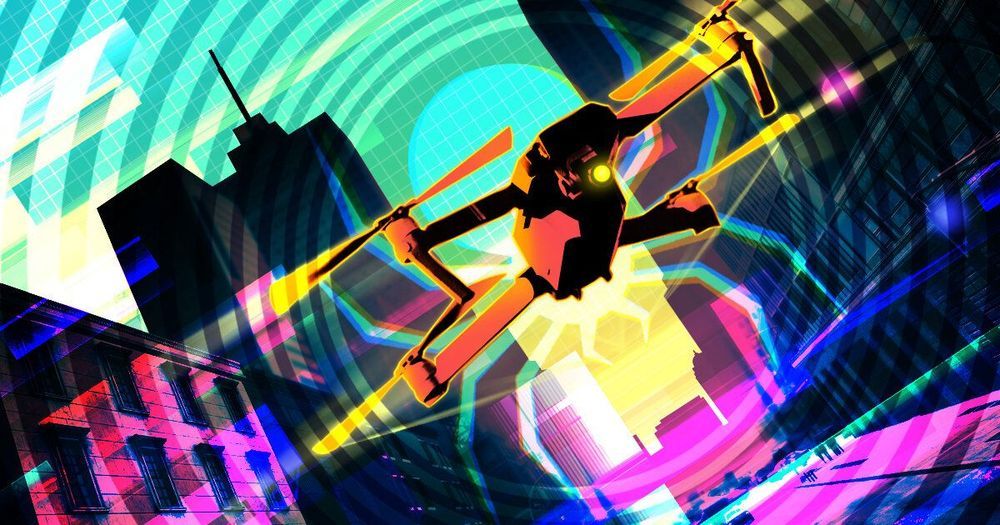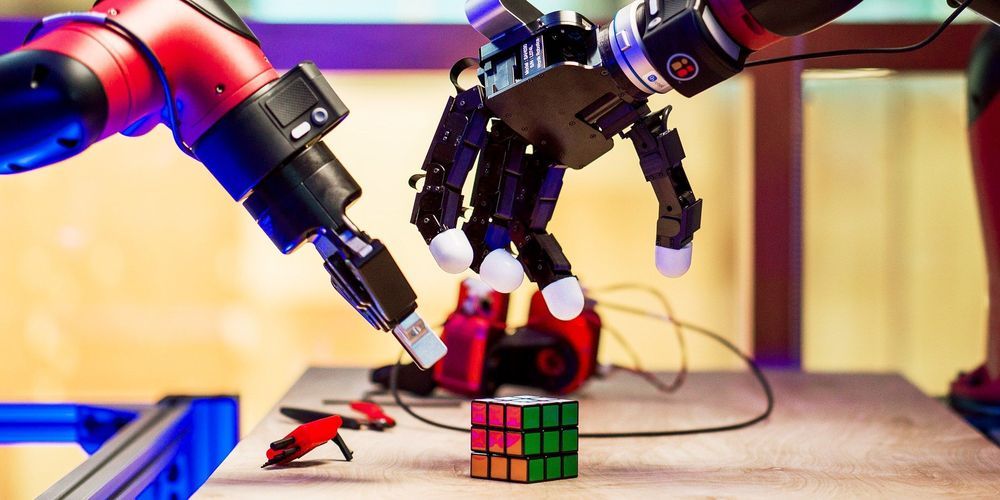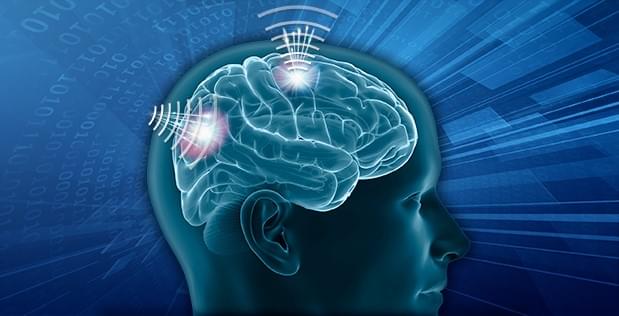
DARPA has awarded funding to six organizations to support the Next-Generation Nonsurgical Neurotechnology (N) program, first announced in March 2018. Battelle Memorial Institute, Carnegie Mellon University, Johns Hopkins University Applied Physics Laboratory, Palo Alto Research Center (PARC), Rice University, and Teledyne Scientific are leading multidisciplinary teams to develop high-resolution, bidirectional brain-machine interfaces for use by able-bodied service members. These wearable interfaces could ultimately enable diverse national security applications such as control of active cyber defense systems and swarms of unmanned aerial vehicles, or teaming with computer systems to multitask during complex missions.
“DARPA is preparing for a future in which a combination of unmanned systems, artificial intelligence, and cyber operations may cause conflicts to play out on timelines that are too short for humans to effectively manage with current technology alone,” said Al Emondi, the N program manager. “By creating a more accessible brain-machine interface that doesn’t require surgery to use, DARPA could deliver tools that allow mission commanders to remain meaningfully involved in dynamic operations that unfold at rapid speed.”
Over the past 18 years, DARPA has demonstrated increasingly sophisticated neurotechnologies that rely on surgically implanted electrodes to interface with the central or peripheral nervous systems. The agency has demonstrated achievements such as neural control of prosthetic limbs and restoration of the sense of touch to the users of those limbs, relief of otherwise intractable neuropsychiatric illnesses such as depression, and improvement of memory formation and recall. Due to the inherent risks of surgery, these technologies have so far been limited to use by volunteers with clinical need.
Read more
